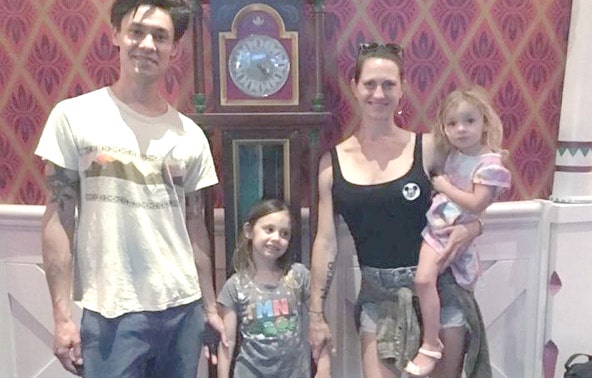Why Work Together?
Family PLanning At the Community Level

A Community Approach to Having Kids
Every parent wants their child to have a safe and happy future. But to create that future, we all have to do our part by promoting and adopting smaller, more sustainable families that impose less on our planet and our shared resources.
The Fair Start Model makes children and family planning a community priority. It moves away from a sense of parenting as an isolated activity to a proactive system that protects the well-being of all kids, not just our own.
Smaller families allow parents and communities to invest more per child in terms of time, attention, education, and money.
When kids get the resources they need, the benefits are obvious:
- Greater achievement and lifetime success
- Improved physical and mental health, and reduced demand on healthcare support systems
- Improved social and economic mobility
- Reduced crime
- Reduced dependency on social welfare programs as adults
- Increased participation in democracy
- Increased empathy and altruism
Saving the Planet through Smaller Families:
Smaller families are also the most effective way to mitigate the global threat of climate change. The more people that choose to have small families, the better the chance we have of changing course and ensuring a sustainable future for kids.
How Can Parents Do Their Part?
- Delay parenthood until at least age 25. (See more: Why Wait?)
- Have a small family – no more than two kids.
Benefits to Communities
Investing in children makes for stronger, safer communities. And research has repeatedly shown that it pays off – ten to twenty-fold in fact.
According to the Brookings Institute, “…The benefits to taxpayers would likely be positive as well, since society would gain from extra taxes paid on the affected individuals’ extra income, from savings on benefits those individuals might otherwise receive, and from lower costs for crime, poor health, and related social problems.”
Indeed, studies have shown that interventions aimed specifically at improved access to family planning and the adoption of smaller families will increase economic prosperity and reduce the costs of public services and infrastructure.
Families are made better, not bigger, and communities benefit. It’s a win-win, for all.
Shifting How Resources Are Used
It’s time for leaders to recognize the social and economic benefits of better family planning by creating incentives and policies that encourage parents to wait to have kids and choose small families.
Tax policy:
Under our current system,
Guaranteed Minimum Income:
Guaranteed Minimum Income, or “baby bonds” as Cory Booker has called it, creates a trust fund for children in order to break the cycle of inequality. Having Kids has taken that concept a step further, tying it to sustainable family size. Read our letter to the District of Columbia for a discussion of our proposal.
By coming together as communities, we can ensure a fair start for all kids. We have to do our part through promoting and adopting smaller families that impose less on shared resources, on our planet, and allow us to invest more in every child.


